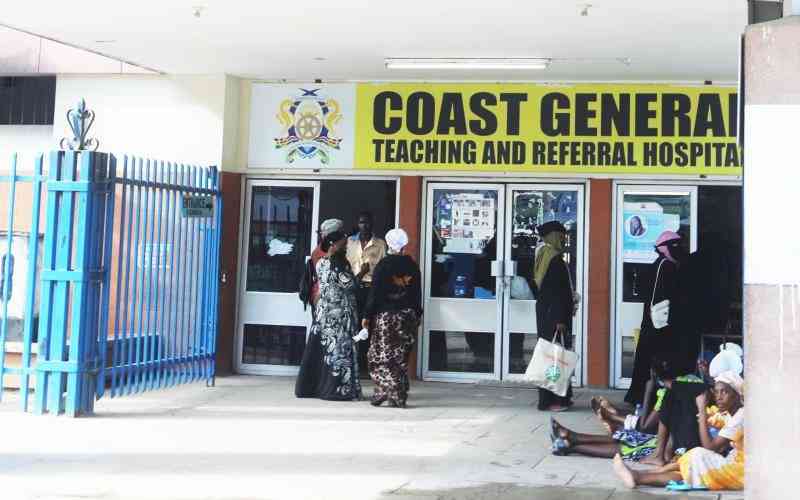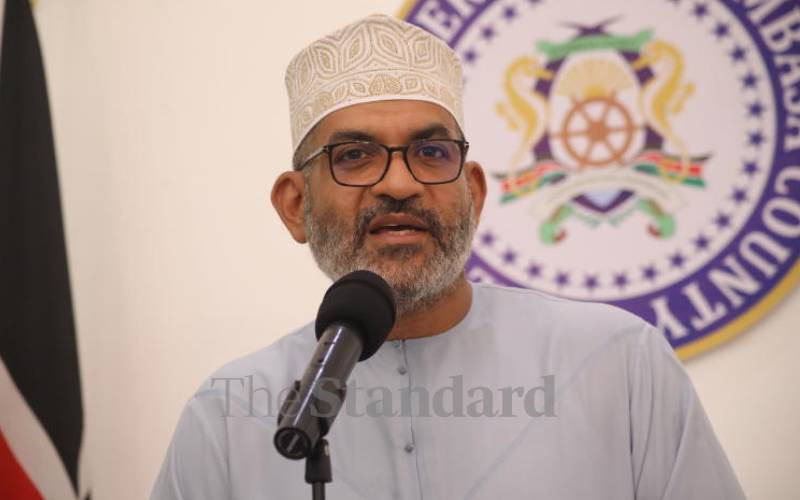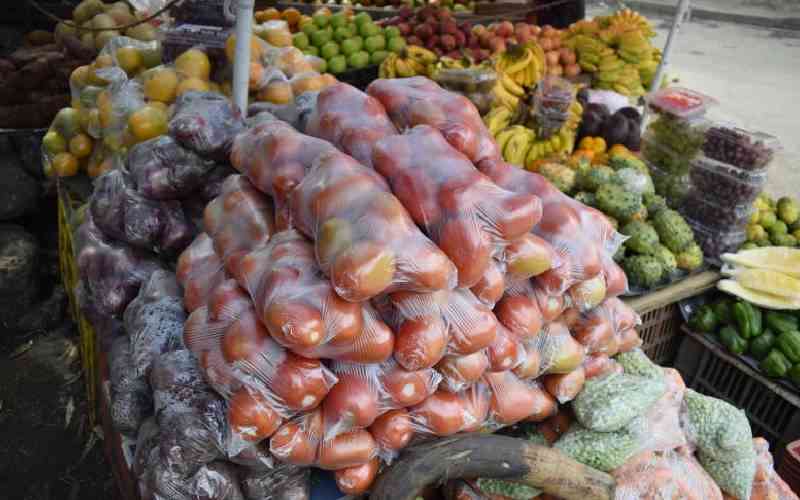Cases of sexual and domestic violence among adolescent girls, single and old women are on the rise in the country, according to a report by two women rights groups in the country.
The Coast-based groups said the current focus on Covid-19 would have an impact on the country's efforts to realise sexual and reproductive health and rights (SRHR).
Collaboration for Women in Development (CWID) said this will lead to an increase in the cases of HIV, unwanted pregnancies, and unsafe abortions.
CWID Executive Director Ms. Betty Sharon now wants the government to incorporate the SRHR agenda in the post-COVID-19 government health programs.
“Cases of sexual and domestic violence including homicide are rising in the country. There is a shift of focus in addressing women's need,” she added.
Ms. Sharon said if the government fails to address the SRHR challenges, cases of maternal mortality that has come down after the devolution would go up.
Collaboration for Women in Development-CWID and Global Women Network for Reproductive Rights GWNR said this during the launch of a campaign for the inclusion of women’s human rights to health in the post COVID19 health agenda.
The two groups said SRHR be classified as essential services especially as the country mulls implementing the universal health program idea across the country.
In 2019, statistics compiled by ‘Counting Dead Women’ reveals that 108 women were killed due to marital and love-related issues. More cases remain unreported.
Another report by the Gender-Based Violence Recovery Centre at Coast General Hospital stated that 35 women were admitted at the facility over domestic violence in 2019 compared to 14 in 2018.
In all the domestic violence cases, women were the most affected, with 39 of them reporting violent cases compared to 10 men, according to the report by CGH.
The report released in January this year indicates that the affected are between the ages of 20 and 49, with few instances of minors being involved.
On maternal mortality, the Mombasa County government claims the number has dropped from 600 to 197 from deaths per 100,000 live births happening in hospitals.
On May 28, the world commemorates the international day of action for women’s health.
Ms. Sharon said CWID has collaborated with over 28 international, regional, and national organizations, in an effort to mobilize women all over Kenya to be part of the movement.
Stay informed. Subscribe to our newsletter
“We call on members, allies, partners, as well as the general public to become part of the movement and join the efforts to mobilize, promote, defend and demand women’s sexual and reproductive health and rights,” said Sharon.
She said adolescent girls are less likely to access sexual and reproductive health care, in the wake of Covid-19, thus endangering their lives.
Sharon who is also The Pwani Gender-Based Violence Network coordinator said such girls cannot access modern contraception, and skilled assistance during pregnancy and childbirth.
“It is unfortunate that 33 years after international women’s health meeting in Costa Rica, the full realization of all women’s SRHR remains far from being addressed, as women’s health has often been reduced to a limited understanding of maternal health, overlooking the actual needs of all women in their diversities even in the time of outbreaks,” she said.
She expressed the need to hold governments accountable to their existing commitments, and ensure that existing policies effectively guarantee and support women’s choices and rights post COVID19.
 The Standard Group Plc is a
multi-media organization with investments in media platforms spanning newspaper
print operations, television, radio broadcasting, digital and online services. The
Standard Group is recognized as a leading multi-media house in Kenya with a key
influence in matters of national and international interest.
The Standard Group Plc is a
multi-media organization with investments in media platforms spanning newspaper
print operations, television, radio broadcasting, digital and online services. The
Standard Group is recognized as a leading multi-media house in Kenya with a key
influence in matters of national and international interest.
 The Standard Group Plc is a
multi-media organization with investments in media platforms spanning newspaper
print operations, television, radio broadcasting, digital and online services. The
Standard Group is recognized as a leading multi-media house in Kenya with a key
influence in matters of national and international interest.
The Standard Group Plc is a
multi-media organization with investments in media platforms spanning newspaper
print operations, television, radio broadcasting, digital and online services. The
Standard Group is recognized as a leading multi-media house in Kenya with a key
influence in matters of national and international interest.







